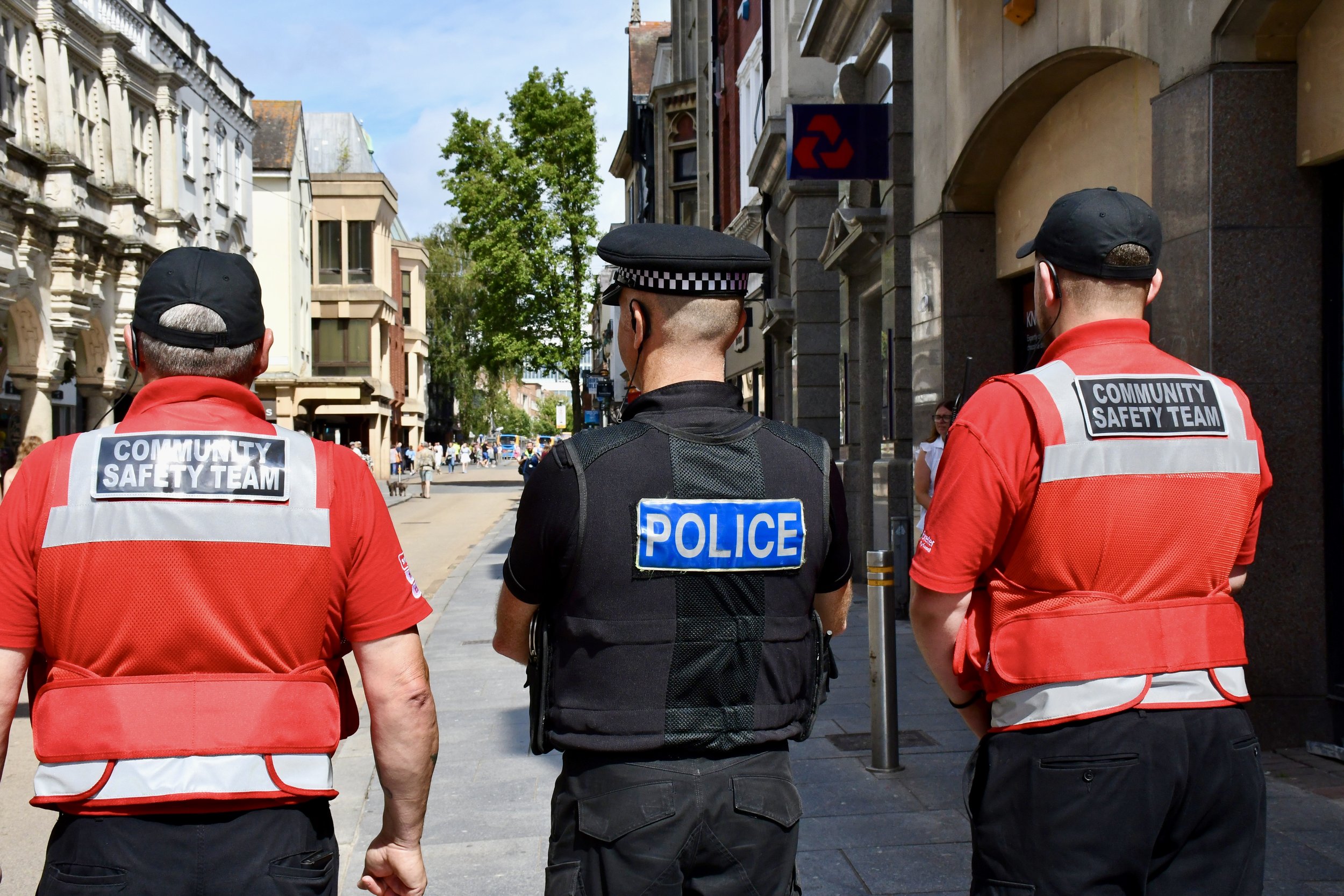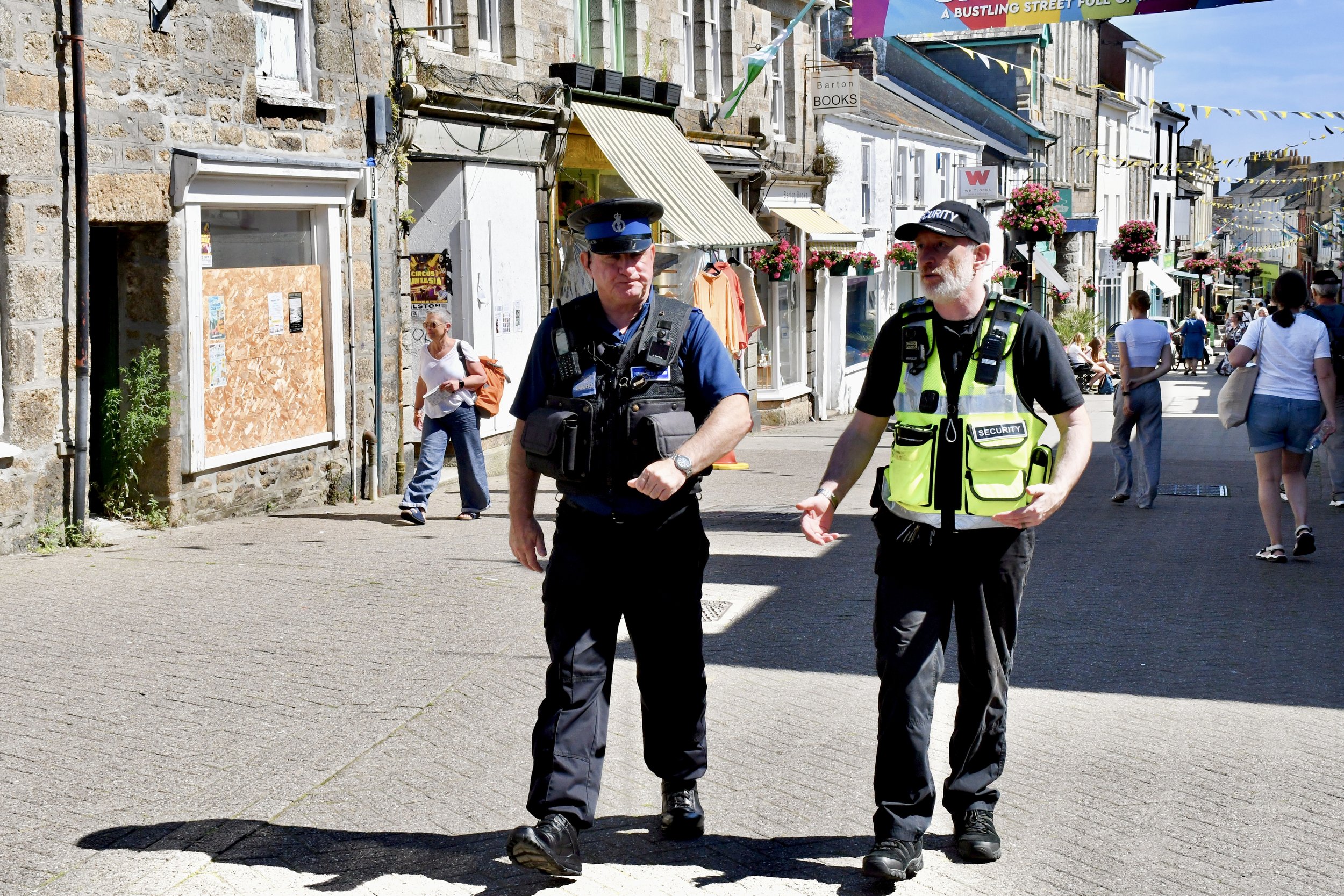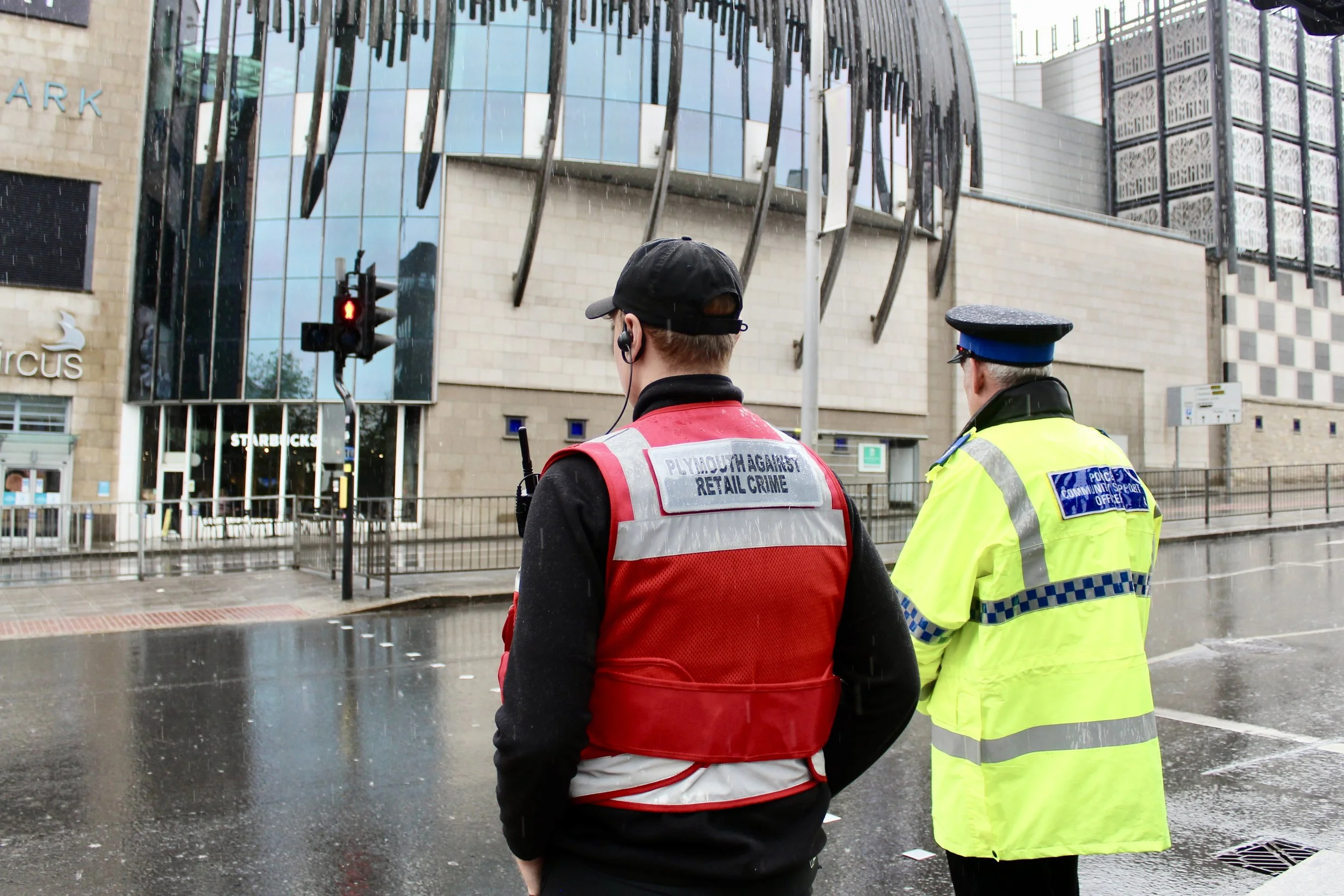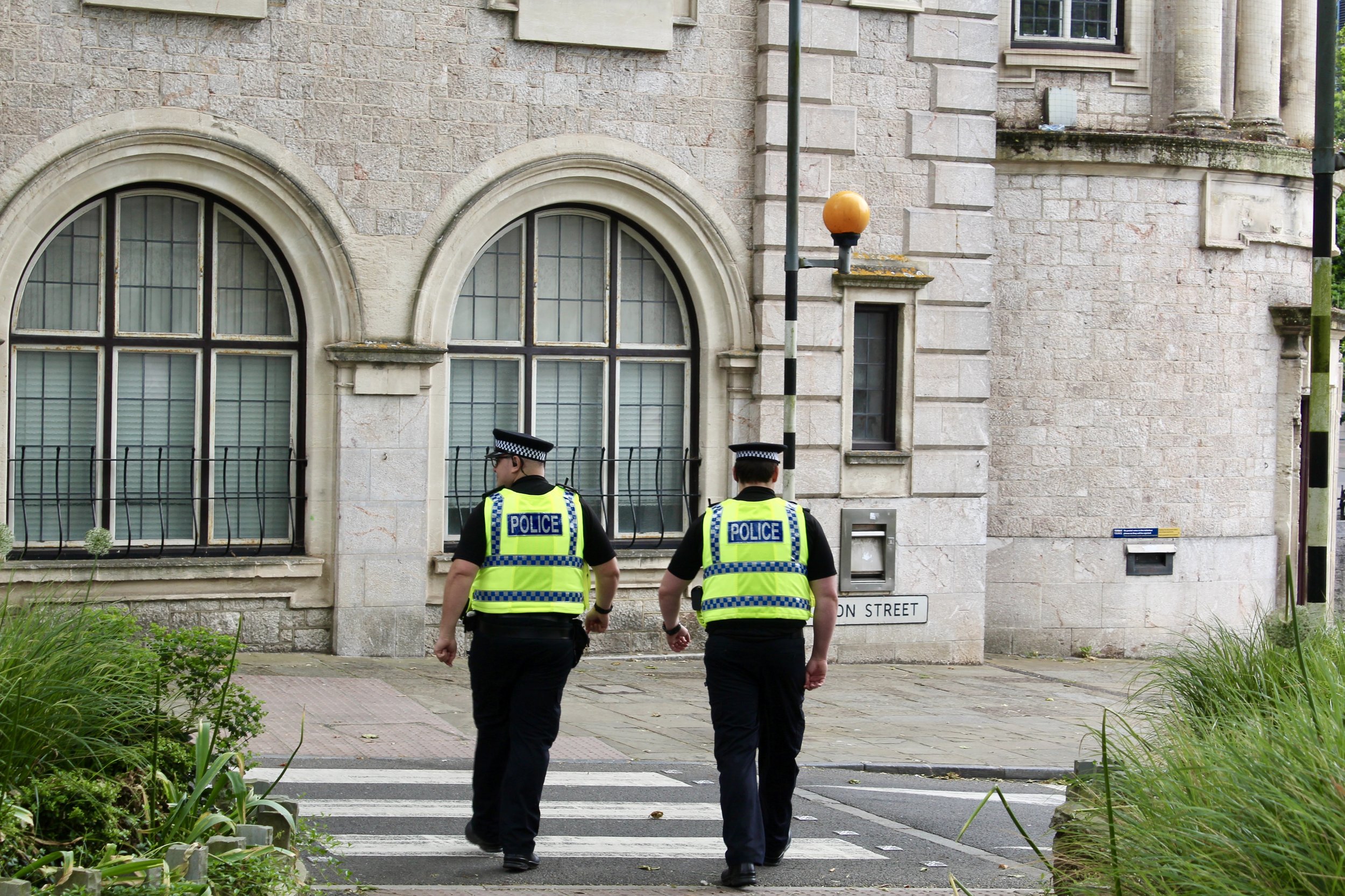
Hotspot policing
Police and Crime Commissioner Alison Hernandez secured £1 million of Home Office funding to crack down on antisocial behaviour (ASB) and serious violence.
The funding will be used to deliver additional police and street marshal patrols in areas identified as hotspots from crime data. An additional £200,000 from the Commissioner will bolster the fund, maximising the number of partner patrols.
-
Hotspots are areas that persist over a long period of time and have a significant effect on the quality of life for residents and members of the public visiting the locality. The issues present are often ingrained within an area and a sustained effort is required to lower the levels of crime and ASB.
-
Hotspot policing is a proven methodology for reducing crime by targeting resources and activities in hotspots.
It involves increasing visible patrols by capable guardians e.g. police or street marshals. This deters offenders from taking advantage of opportunities to commit crime. A uniformed presence also helps reassure members of the public in areas where they may feel more vulnerable.
Patrol activities include:
Engaging with residents and businesses
Licensing and premises visits
Safeguarding referrals
Signposting the street-attached community to support services
Proactive policing e.g. arrests, stop & search, seizing offensive weapons and enforcement of Public Space Protection Orders (PSPOs)
-
Devon & Cornwall Police crime data was used to identify the areas allocated with funding. Tier one areas have received funding for additional police patrols and uniformed community patrols. These locations include: Barnstaple, Exeter, Exmouth, Newquay, Penzance, Plymouth, Torquay and Truro.
A further five areas, known as tier two, have received funding for uniformed community patrols. These areas are: Bideford, Camborne, Newton Abbot, Paignton and St Austell.
-
Street marshals offer an additional uniformed presence. They are trained to help de-escalate situations, engage with members of the public and provide support. Some of the street marshals delivering hotspot patrols also have medical training.
The street marshals work with the police, carrying out joint patrols and sharing intelligence.
For hotspot policing, the street marshals have been commissioned by town councils, district councils and BIDs.
-
The aim is for all security companies providing street marshals for hotspot policing to be granted limited policing powers under the Community Safety Accreditation Scheme (CSAS).
CSAS is a tool which enables their employees to exercise these powers in the course of their duties thereby reducing demand on local police, enhancing their ability to deal with incidents and enabling them to use CSAS as a de-escalation tactic.
Additional training has been facilitated through the hotspot policing project. The powers granted by the Devon & Cornwall Police Chief Constable to accredited street marshals include:
The power to share and access information and intelligence with Devon & Cornwall Police.
The power to require name and address for anti-social behaviour.
The power to require name and address for a relevant offence. Relevant offences are those outlined by a Public Spaces Protection Order (PSPO) or byelaws.
CSAS accredited street marshals can be identified by the CSAS logo on their uniform. They will also carry with them both a powers card identifying powers they are accredited with and a police issued ID badge. These items can be produced if requested by a member of the public.
Tier one hotspot areas
Tier two hotspot areas













